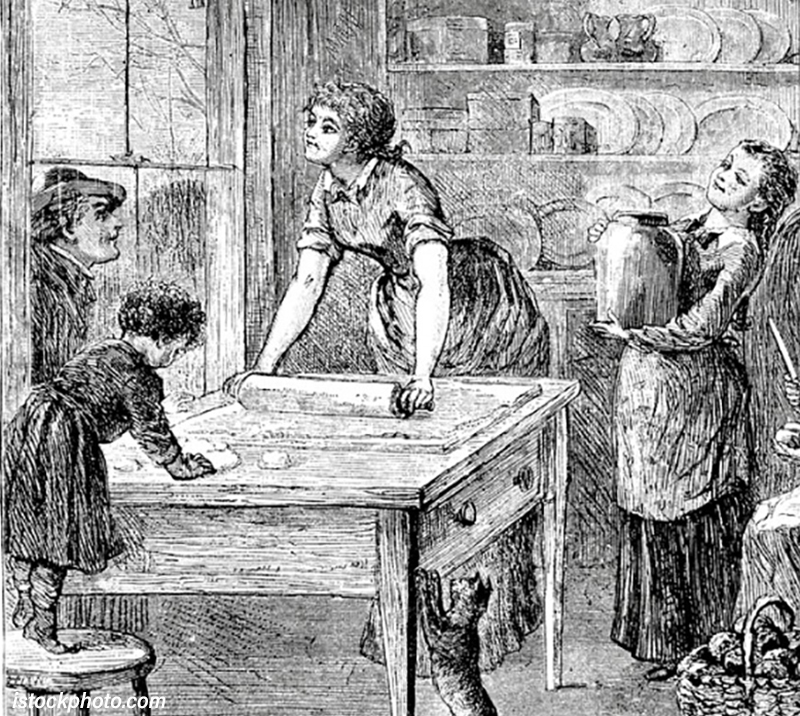
This reflection originally posted on April 25, 2008, appears here slightly modified.
In this season of Thanksgiving, there are many ways to be thankful.
In a great university—this could probably be said for any great organization— individuals must recognize that responsibility for the future rests with and on them. This creates a powerful kind of accountability in an organization. A deep sense of purpose develops rather than a self-serving approach to the work carried out. This is not the residual accountability garnered from appointed boards who oversee the activities of various organizations of the state. That accountability has value, too, but it is a different kind—one about rule-following rather than feeling responsible for making something great and being a part of something that is bigger than you are.
A sense of urgency and mission produces the accountability our university needs.
The Hawthorne Works in Cicero, Illinois, was a large factory built by Western Electric after the turn of the twentieth century, during the late adolescence of the industrial revolution when the mechanization of production was new. Our nation was at the dawn of an age of precision and productivity. Hawthorne Works employed nearly 50,000 people during its busiest years prior to closing in 1983.
“Hawthorne Experiments,” such as special treatment of employees and instilling a sense that assigned tasks were uniquely important to the future of the company, were carried out to see how various changes in working conditions impacted productivity. It was an age of measurement and implied precision. The validity of the original Hawthorne Experiments has been questioned for years, with findings subject to a wide range of interpretation and criticism depending on one’s point of view. However, a common occurrence no one argues is that changes in environmental conditions will lead to changes in human behavior.
The “Hawthorne Effect” has come to mean that people’s behavior and performance change in response to workplace change and awareness that they are being observed. The earliest experiments varied lighting levels and monitored the number of parts produced during a given interval of time. Workers’ productivity increased in both higher and lower levels of light. The researchers concluded that the changes were made in response to the changed working conditions and interest shown in the workers and were little impacted by the lighting levels.
Change produces change, and change was the constant in the experiments. The results of the experiments were expressed to mean that when people are noticed or appreciated, their performance will improve. At the Hawthorne plant, and in subsequent replications and further studies of similar types, it was found that after the subjects adjusted to the new working conditions, productivity levels returned to those prior to the changed environment.
A university, when it is successfully led and operated at every level, produces positive, life-long change in graduates, their thinking, and their behavior. However, in order for that to happen, there must be internal accountability of people to each other and to the greater organization. As agents of change, people must be held accountable for growth. Accountability can produce change in a healthy environment. In an unhealthy environment, accountability produces fear and calcification. WT must always be different.
Change and accountability are fueled in successful organizations by the belief that what I do can make a difference. This is a powerful concept to carry to work every morning. It makes work a mission, not a job. That is the way our university should operate.
In every season, not just as the holiday approaches, we should be thankful that we are part of something larger than ourselves and are accountable to each other for the greater good. It is high purpose.
Happy Thanksgiving.
Walter V. Wendler is President of West Texas A&M University. His weekly columns are available at http://walterwendler.com/.
